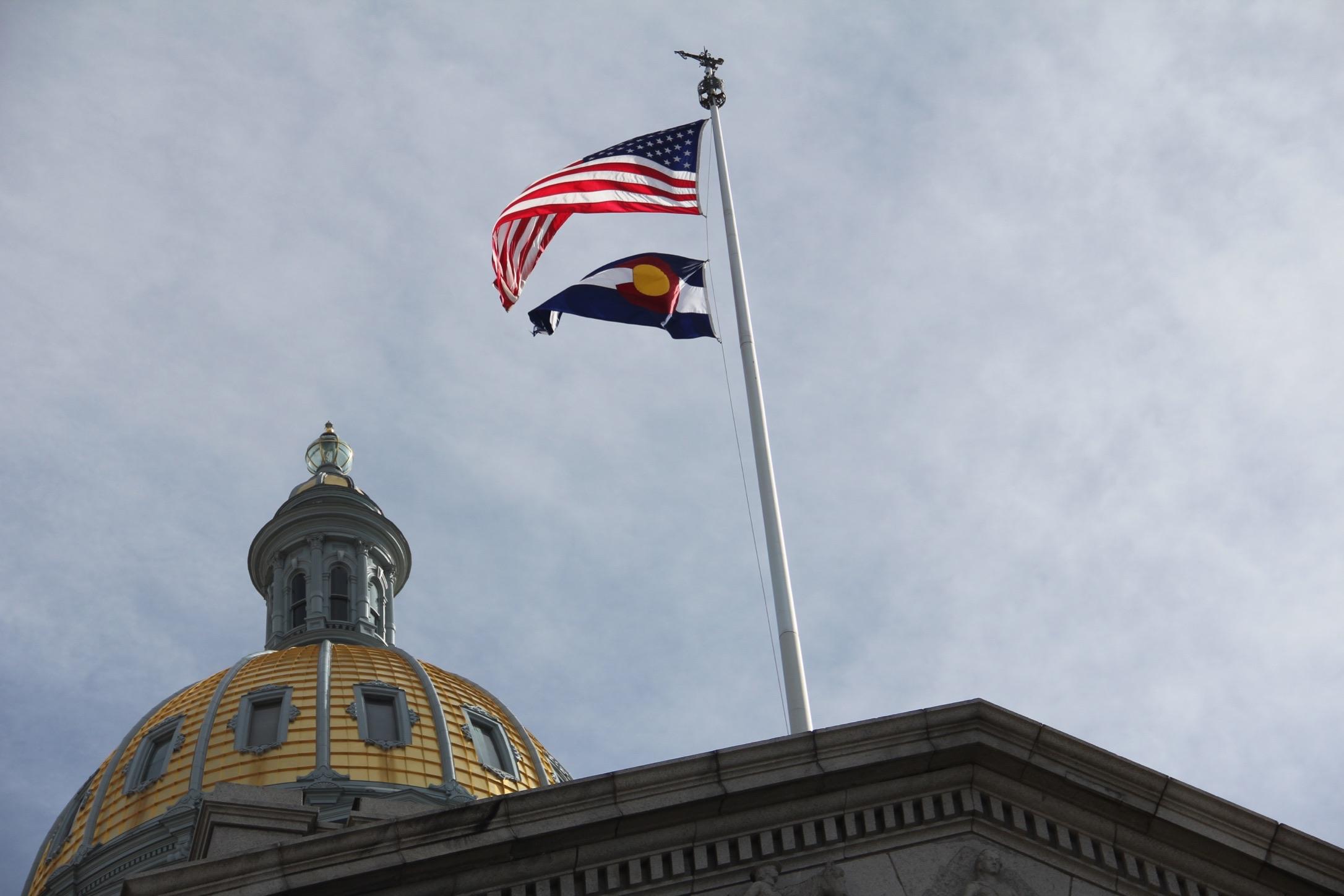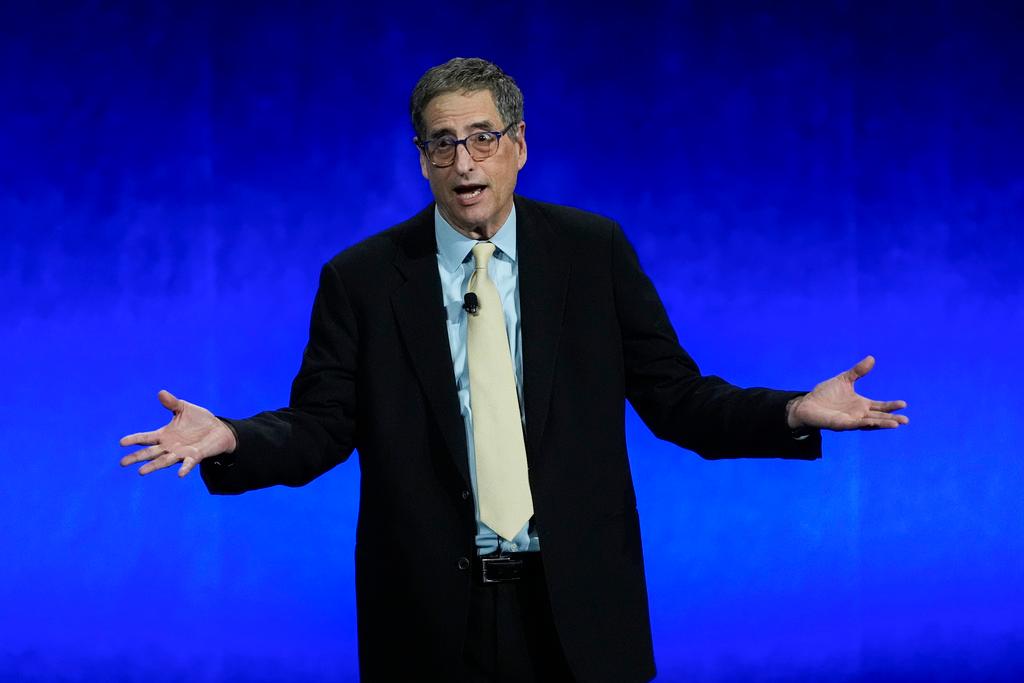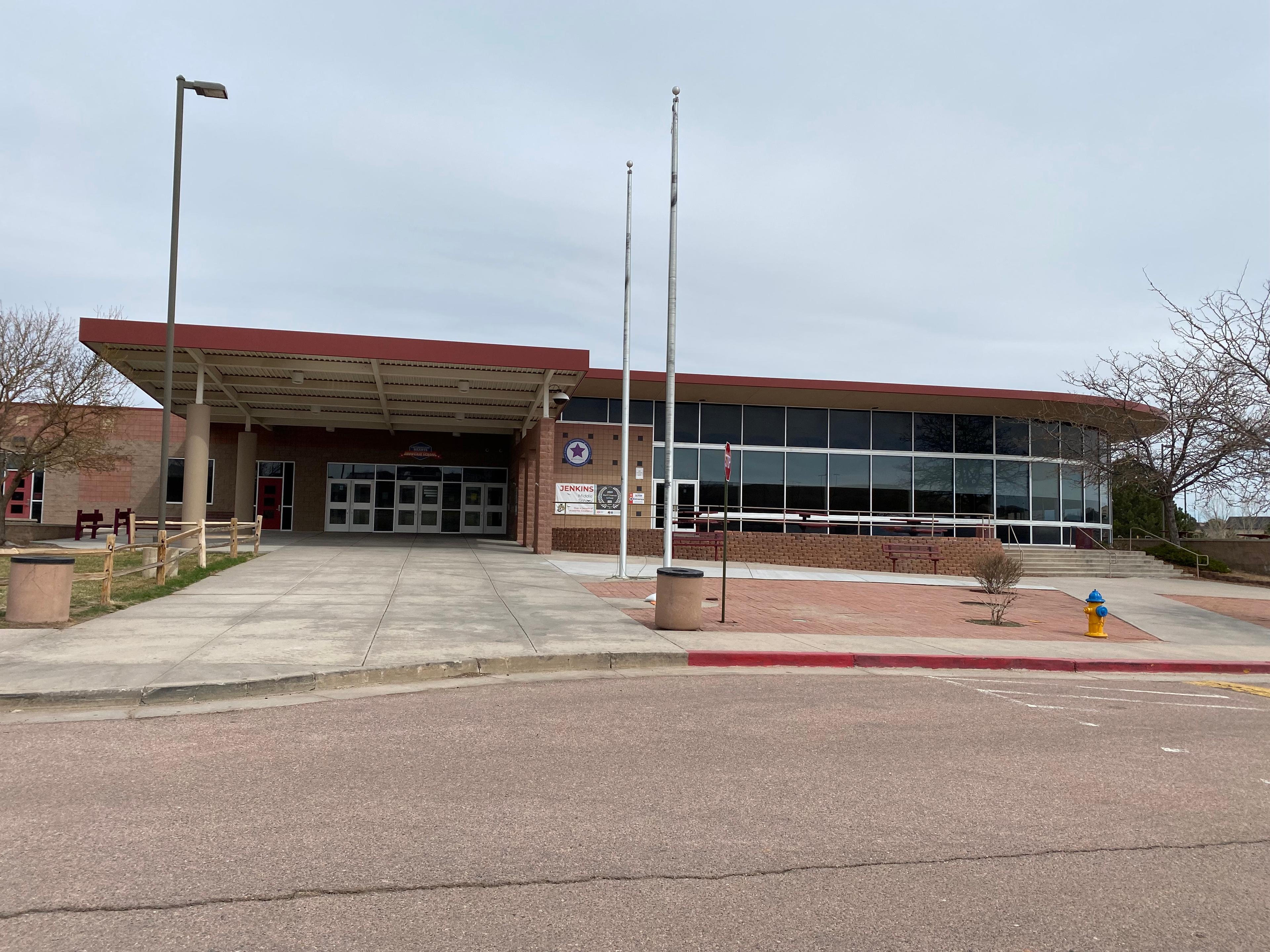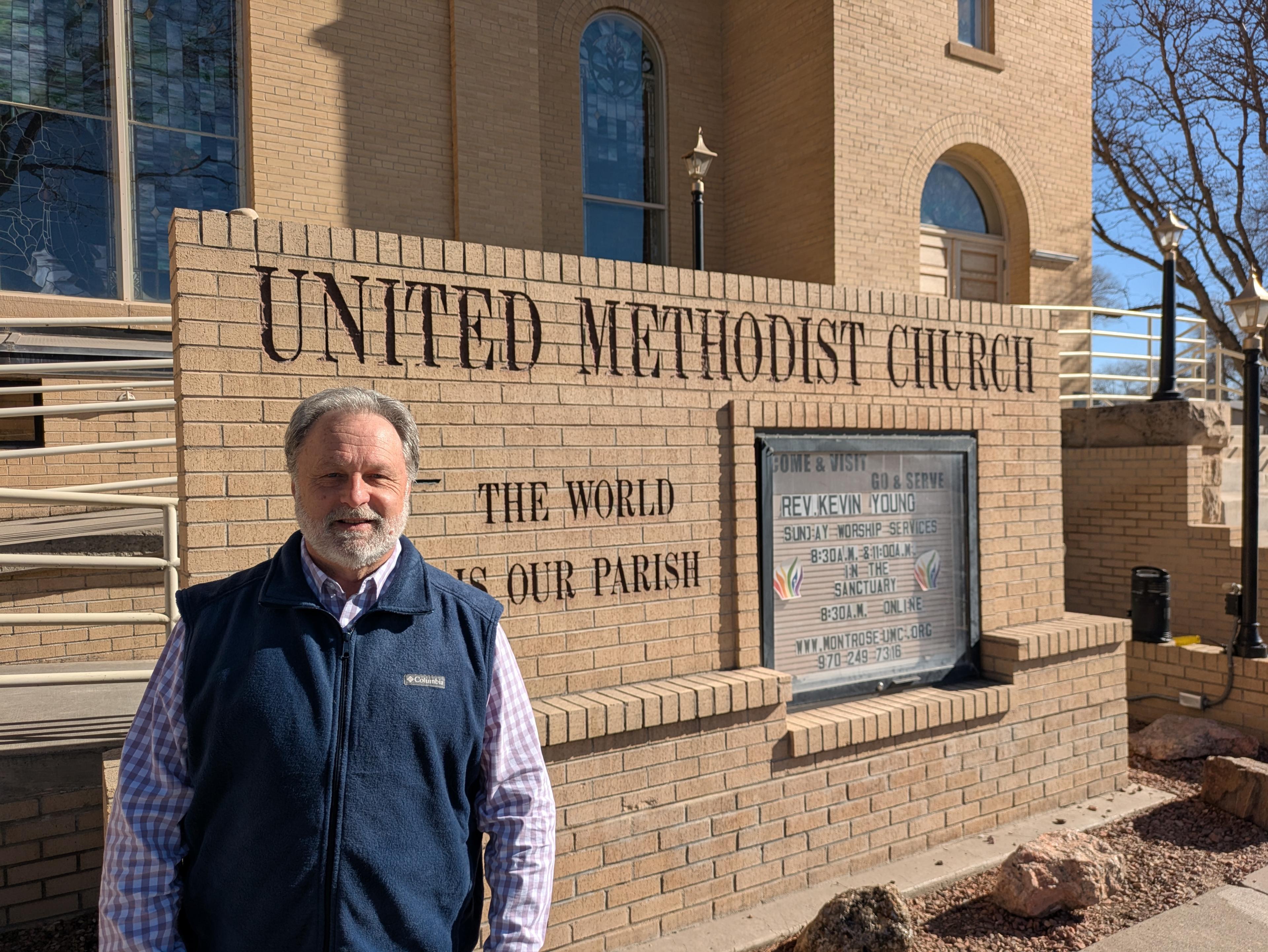
This week, Colorado lawmakers officially launched the planning for what will be more than a year of ceremonies and observations of America and Colorado’s history.
The United States is coming up on its semiquincentennial — the 250th anniversary of independence — in 2026. That same year, Colorado will reach its sesquicentennial, or 150 years since statehood.
“All of the other states in America are putting together commissions to celebrate our 250th anniversary of America. It just so happens, though, that it coincides with Colorado’s 150th birthday,” said Sen. Rachel Zenzinger. “So, we get double the celebration.”
To prepare for those anniversaries, Gov. Jared Polis on Thursday signed a bipartisan bill into law, SB22-011, creating the America 250-Colorado 150 Commission.
The group will be charged with creating historical documents, arranging events and more. It’s also specifically tasked with building knowledge about the history of communities of color, women, and people with disabilities.
Colorado is a historic home of Ute, Cheyenne and Arapaho people, among others. Many were pushed out of their homelands or onto reservations through violence, threats and coercion. The commission’s goal is to ensure their history — along with that of other communities — is not overlooked, Zenzinger said.
“The commission’s purpose, their focus, really is to look with a more inclusive lens at the real history of Colorado, which goes back centuries, thousands of years,” said Zenzinger, a Democrat. “And we really reflected that by the appointments we made to the commission.”
The commission will have eleven voting members, including representatives of the Ute Mountain Ute and the Southern Ute tribal councils, along with experts knowledgeable about the history of Black, Latino, Asian-American and other communities, and people from the philanthropic and business worlds.
“There are many people who have lived in Colorado, who have been part of creating this great state, but their contributions have been forgotten or ignored,” said John Bell, a retired teacher, at a committee hearing.
The governor must appoint the commission’s members by Sept. 1, and the group will begin meeting by Nov. 1 of this year. The commemorative events are expected to begin in July 2025 and last through 2026.
The bipartisan bill to create the commission was cosponsored by Republican Sen. Don Coram, Republican Rep. Marc Catlin and Democratic House Majority Leader Daneya Esgar. The commission will receive a budget of about $200,000 per year, with much of the work to be done through the state-affiliated historical society, History Colorado.
The bill passed unanimously in the Senate. In the House, it was opposed by seven Republicans. Rep. Shane Sandridge, one of the “no” votes, said in a text message that the idea of the bill “is OK,” but that it should have been “completed through the private sector with private sector money.”
Republican Rep. Patrick Neville shared similar concerns, writing in a text message that he didn’t like the creation of new bureaucracy and the use of tax dollars for the commission.
Republican Rep. Mark Baisley said he objected to History Colorado’s interpretation of history, adding he worried the commemorative events would lead people to be “ashamed to be Americans, instead of being proud to be Americans.”
Baisley said he disagreed with History Colorado's descriptions of the U.S. system of government — the U.S. is a republic, not a democracy, he said.
History Colorado responded in an email from a spokesman that the U.S. is “both a Democracy and a Republic. It is a Democratic Republic.”
Baisley also objected to the organization’s promotion of books like “White Rage: The Unspoken Truth of Our Racial Divide,” a history of racism. He also objected to the law’s focus on highlighting the history of communities of color, saying it’s not necessary to legislate “what people intrinsically know to do.”
For its part, History Colorado is “excited and honored to lead this once in a generation opportunity to unite us around the shared ideals and aspirations that make us Coloradans and Americans. History Colorado is proud to take the torch in this shared bipartisan effort to commemorate the contributions of a diverse Colorado and America to the world,” said chief creative officer Jason Hanson in a statement.
The last similar commemoration was held in 1976 to mark 100 years of Colorado statehood and 200 years of American independence.









